About I CAN!
I CAN! provides clinical, educational and research services based on neuroplasticity principles focusing on this new paradigm for people with neurodisability. It utilises innovative models of care, teaching and research to empower people with serious disability of the brain and spine, research the state of the art of care, and educate health and disability professionals in the principles of neuroplasticity.
Why a Charity?
Offering this unique ‘one-stop-shop’ integrated model of care in a non-profit environment allows people with disabilities to:
Obtain the expert state-of-the-art specialist medical, neurological and mental health care they need to arrive at the correct diagnosis and the best treatment plan
Assure communication between all their care staff, their families, doctors, allied health and multiple medical specialists in a true multidisciplinary patient-focused environment
Maximise the services they are able to obtain in a seamless manner without regard to silos of care so that each health-participant is empowered to live their best life and maximise their capacity building opportunities in a way that facilitates employment, lifestyle, meaningful connection with others, and being part of an inclusive community.
Each individual health participant can choose their priorities for care, and these choices become more effective within an integrated environment. By integrating the health and disability care, getting rid of the silos, there is an economy of scale and a much greater efficiency for all service delivery; by implementing these efficiencies without profit motivation or concerns for shareholders, a charity is able to better deliver care in a cost-effective manner, integrating the various third party providers within Australia at the same time as integrating the actual care, resulting in multiple efficiencies for each health participant.
The focus therefore is on obtaining the best care for each health participant not on maximising profits, supporting extensive unnecessary overheads, or pleasing shareholders. Instead of profit, a non-profit has excess revenue over expenditure with minimal overheads. This excess revenue over expenses is then used for the charity to be fully financially sustainable and to be able to extend its reach further to assist more people in obtaining such essential services.
I CAN! is established on the principle that, as a human right, everyone can access state-of-the-art medical and disability care with no out of pocket expenses to themselves to maximise health and wellbeing and thus their social, family, work and community life.
The Program
Based on 7 years of consultation (through the Queensland Health State-wide Committee for Neurodisability and Ministerial I CAN Task Force) with stakeholders in health and disability in Queensland plus extensive consultation with national and international experts, this programme establishes an evidence based model of care combined with academic rigour and partnerships with key stakeholders and Centres of Excellence. This programme is also based on an important health economic study of long stay patients in Queensland Health and two comprehensive literature reviews of Complex Care patients with Young People in Nursing Homes and Australian Universities of both Models of Care and of Health Economics of treating this population.


How We Started
I CAN! started as a joining of forces of the Academy for Health Equity and Disability (AHEAD) and the Interactive Health Network (IHN), charities known for their international work with the World Health Organization and World Bank Institute along with other international NG)s.
Successful programmes have included the Maputo Declaration for HIV, Malaria and Other Related Diseases, a highly successful continent wide policy implemented through collaboration with the African Union, the WHO Director General Debates, the World Health Channel, The Leadership in Global Health Technologies (LIGHT) Initiative, the Epilepsy Educational Initiative and innovative telehealth programmes and policies in Kenya, Sri Lanka, and Papua New Guinea.
I CAN! works closely with Integrated Health and Disability Services, Universities, NGOs and other Centres of excellence to offer state-of-the-art clinical educational and research services.
Principles of treatment
Four major principles of treatment will form the basis of START
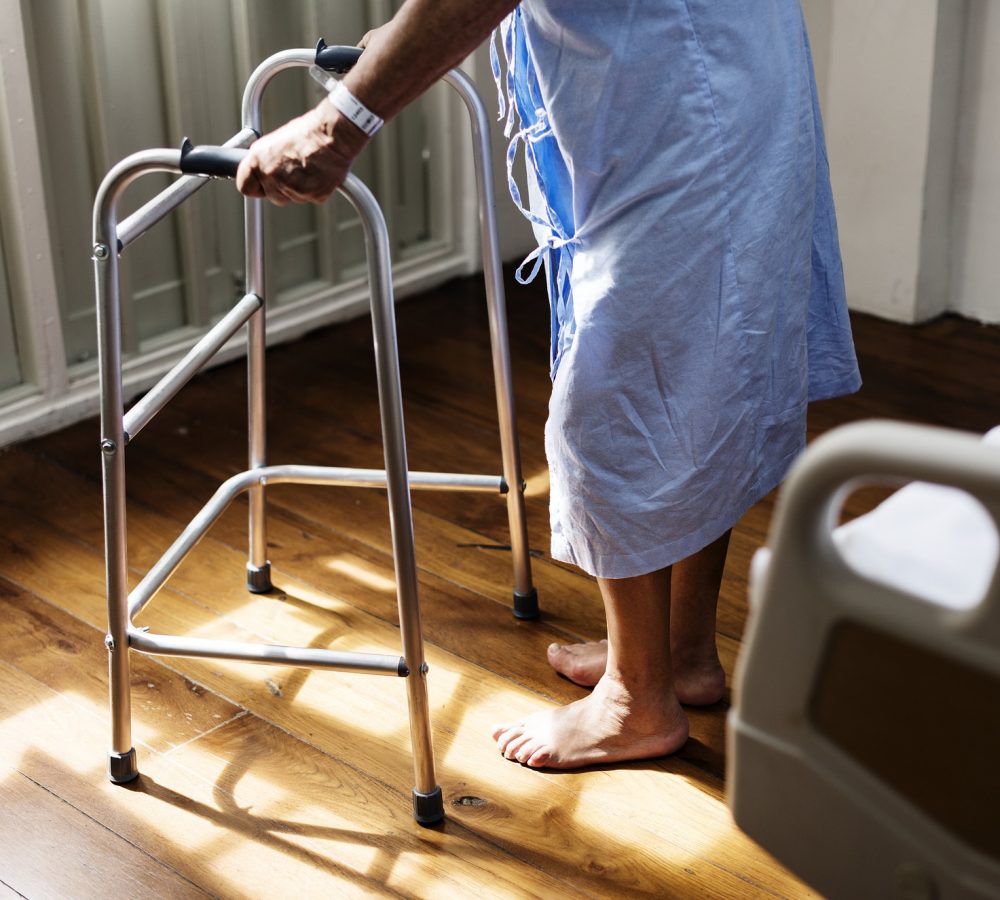
Integration: the ‘One-Stop-Shop’
There is a high level of evidence for the use of such an Integrated Healthcare model where the patient can go to one place to obtain both health and disability care needs. This includes:
- Integration of Disability Care with Healthcare and the Community
- Integration of Rehabilitation, Medical, Mental Health, Surgical care and Interdisciplinary care
- Integration of primary care with tertiary and community care, working closely with GPs
- Integration of clinical care, research and teaching
Excellence: The use of a Tertiary/ Quaternary Centre of Excellence Model of Care
This model is the standard model of care at most major university centres e.g. Harvard, Oxford, Institutes of Psychiatry, Neurology and Epileptology in London and Montreal Neurological Institute. This promotes a ‘shared care’ model to work closely with the GPs and primary care teams who are able to implement the expert recommendations. This model also maximises the use of Nurses, Pharmacists, Occupational Therapists, Physiotherapists, Psychologists and Allied Health, working in roles that would ordinarily be performed by physicians. Clear evidence based clinical pathways are utilised and international standard guidelines developed, published and followed by all clinical members of staff. This model can be carried out within a cross-sectoral integration to ensure optimal coordination of services rather than the use of the older ’Ivory Tower” model which has been prominent in past years. This model also saves money by allowing more patients to be seen by fewer clinicians, the use of Nurse Practitioners and other health professionals performing traditional physician duties offer greater efficiencies in diagnosis and treatment, including reduction in medications and more effective utilisation of clinical resources.

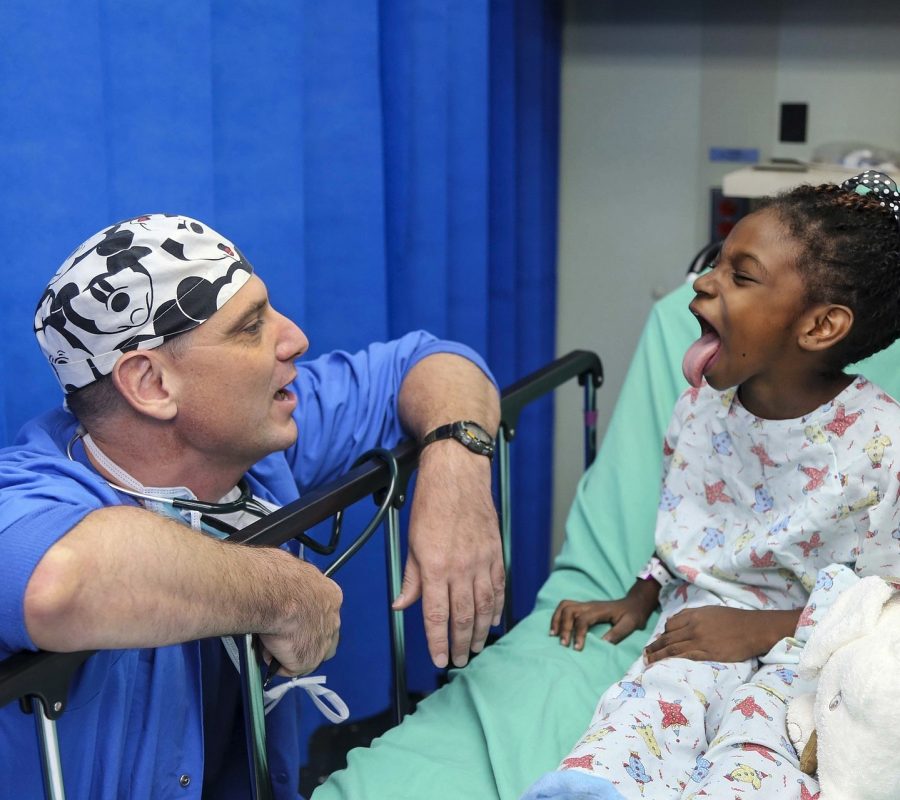
Values: An underpinning of the principles of values-based medicine
Values-based medicine and ‘Slow Medicine’ are two movements popular in the UK and North America respectively, which put an emphasis on the role of ethics, professionalism and humanity of health professionals. This will be a focus of START. An ethical approach to care emphasizes:
- Taking time with patients
- Compassion, and
- Transparency
- Clear Communication
- Patient Empowerment
Innovation: new ways of approaching healthcare
This will include:
- Using neuroplasticity-based treatment and rehabilitation principles
- Cognitive and Physical rehabilitation and the use of immersion and virtual reality
- The Digital hospital, ePrescribing and joint health, mental health and disability electronic medical records
- Use of Telehealth technologies
- Innovative financial and governance models, as well as new models of philanthropy that are interactive and participatory
- Individual Health Patient-focus: A model putting the patient at the centre of care at all levels, with the professionals coming to the patient and their carers making time more efficient for everyone
- Emphasising continuity of care, community integration, and PATH as an alternative and proven healthcare model to avoid inappropriate hospitalisation completely and to decrease length of stay of existing patients
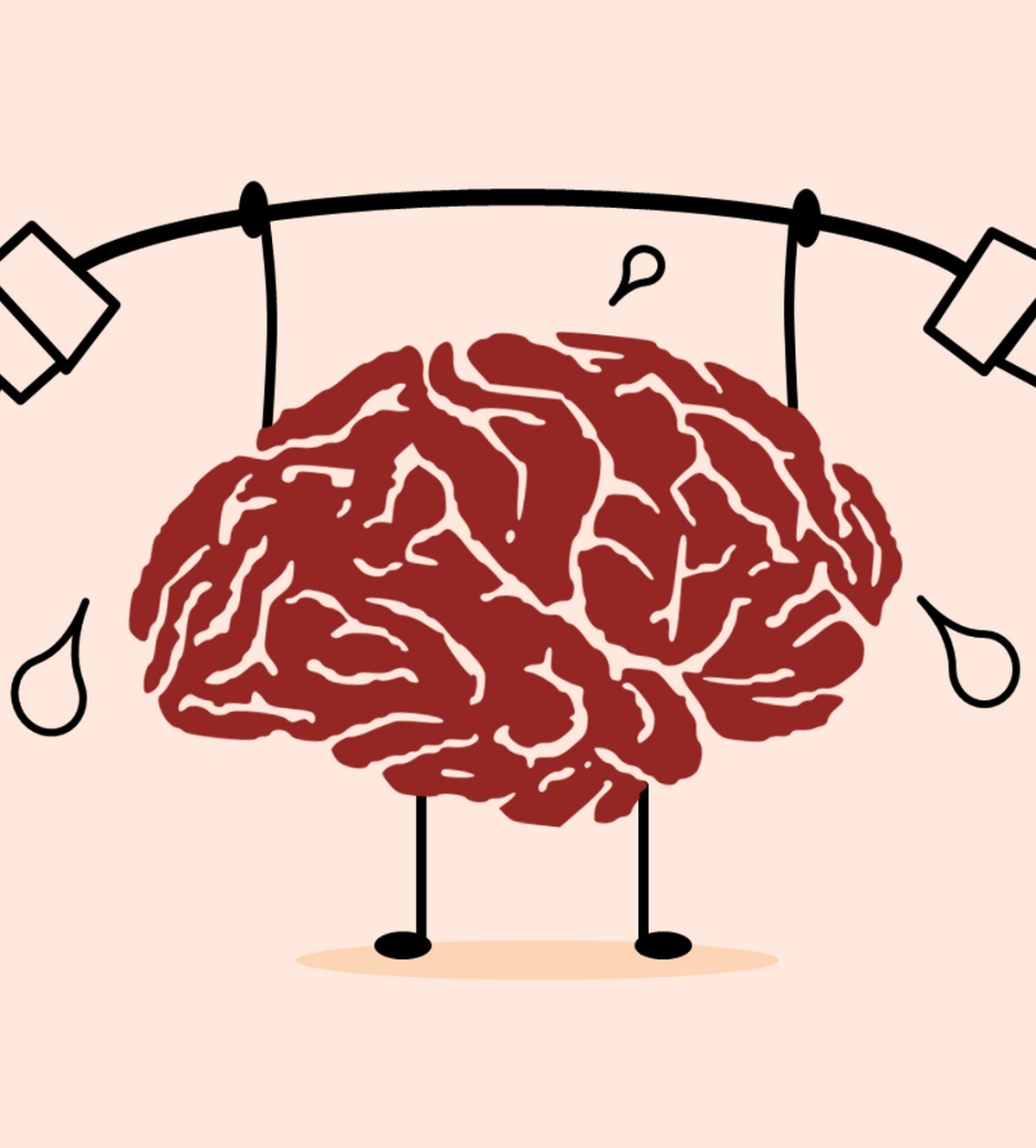
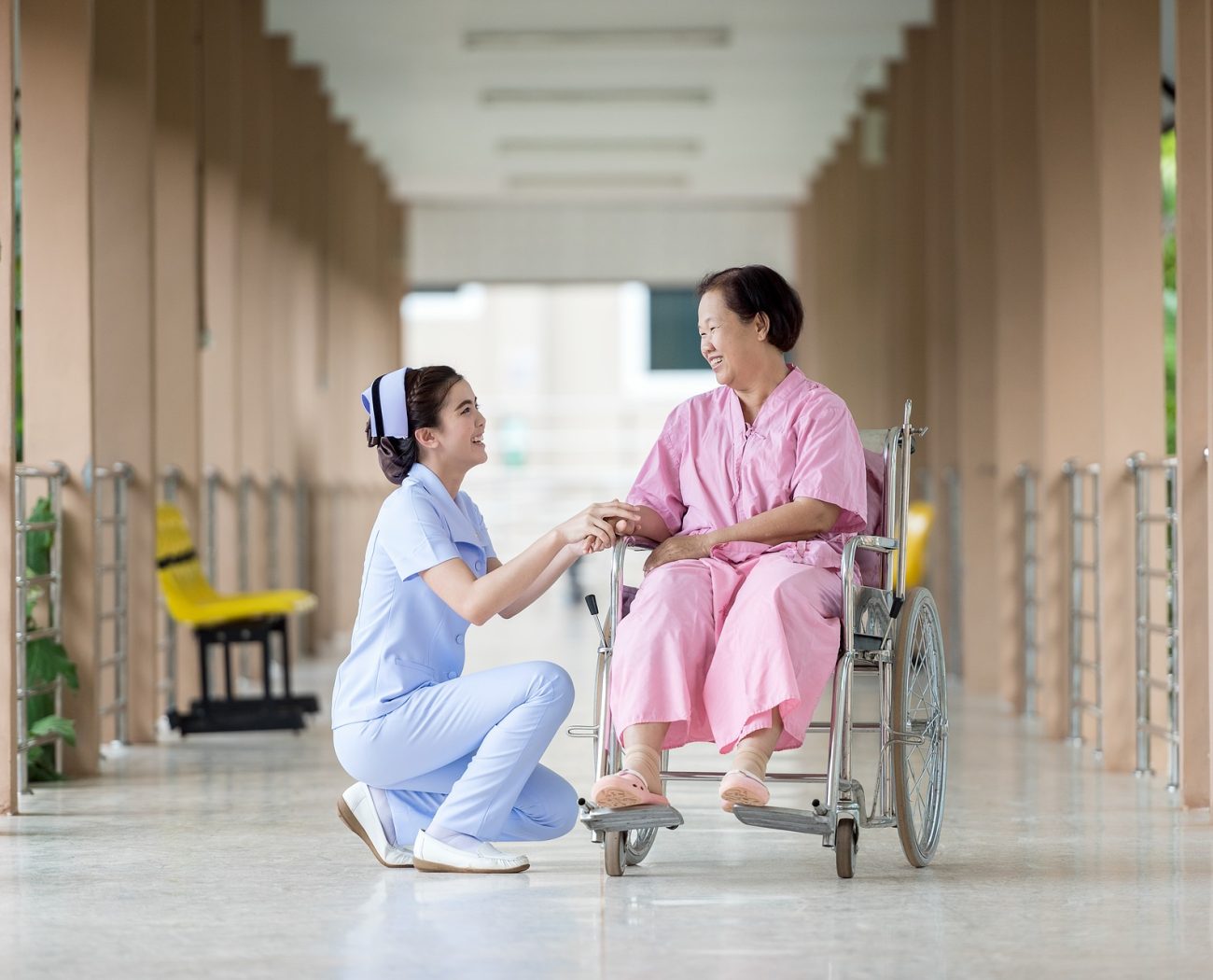
Focus on Vulnerable Populations
The Institute will be inclusive of vulnerable populations including:
- People living with multiple comorbidities, their families and carers
- People with cognitive impairment including ABI, intellectual and developmental disability, the dementias
- Homeless people
- Socially disadvantaged people
- People from culturally and linguistically diverse backgrounds including refugees
- Aboriginal and Torres Strait Islander people.
In particular the Institute will respond to the health and disability-related needs of people with complex conditions and disabilities, treatment-resistant conditions, dual and multiple diagnoses, rare diseases, or those individuals requiring specialised orphan treatments (e.g., rare metabolic disorders and congenital genetic conditions).
Partnership with the community and with other Centres of Excellence
I CAN! will work as a clinical and academic partnership with Centres of Excellence in Ausralia and Overseas. This will thus function as a combined non-profit and for-profit entity and as a public private partnership enabling I CAN! to look after patients with no insurance or with limited financial resources and facilitating integration of teaching and research into clinical care.

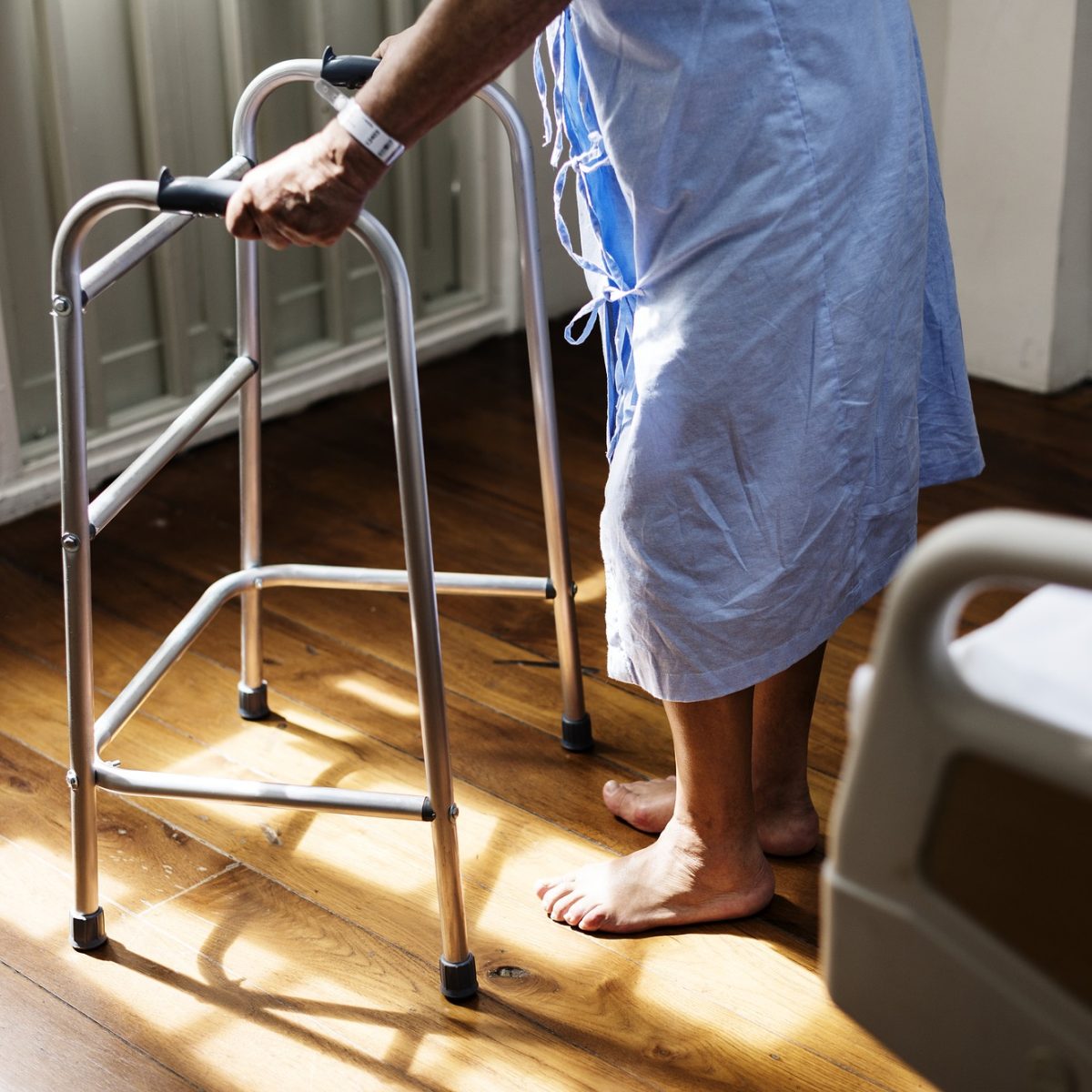
Health and Disability Care as a Human Right
I CAN! sees both medical and disability care as basic human rights. As such, I CAN! will work with each health participant to ensure there are no out of pocket expenses for the individual or their families in provision of their care.
I CAN! Director
Professor Harry McConnell MD FRCPC FRANZCP
Professor McConnell is an American Neurologist and Psychiatrist living in Australia. He has worked at a senior level in Centres of Excellence in the USA and UK and has also consulted to the United Nations, National Institutes of Health (USA) and to many national and state governments.
Professor McConnell has authored many key textbooks and international guidelines in his field and was an editor at BMJ Clinical Evidence, the most widely used source of evidence-based medicine internationally, and of the Maudsley Prescribing Guidelines, the most widely accepted international guidelines in Psychiatry.
He has pioneered new services and lead Specialist Academic Clinical Services in the USA, UK and Australia as well as achieving important work in Public Health and Global Medical Education with the World Health Organization (WHO) and World Bank Institute (WBI), consulting to many countries.
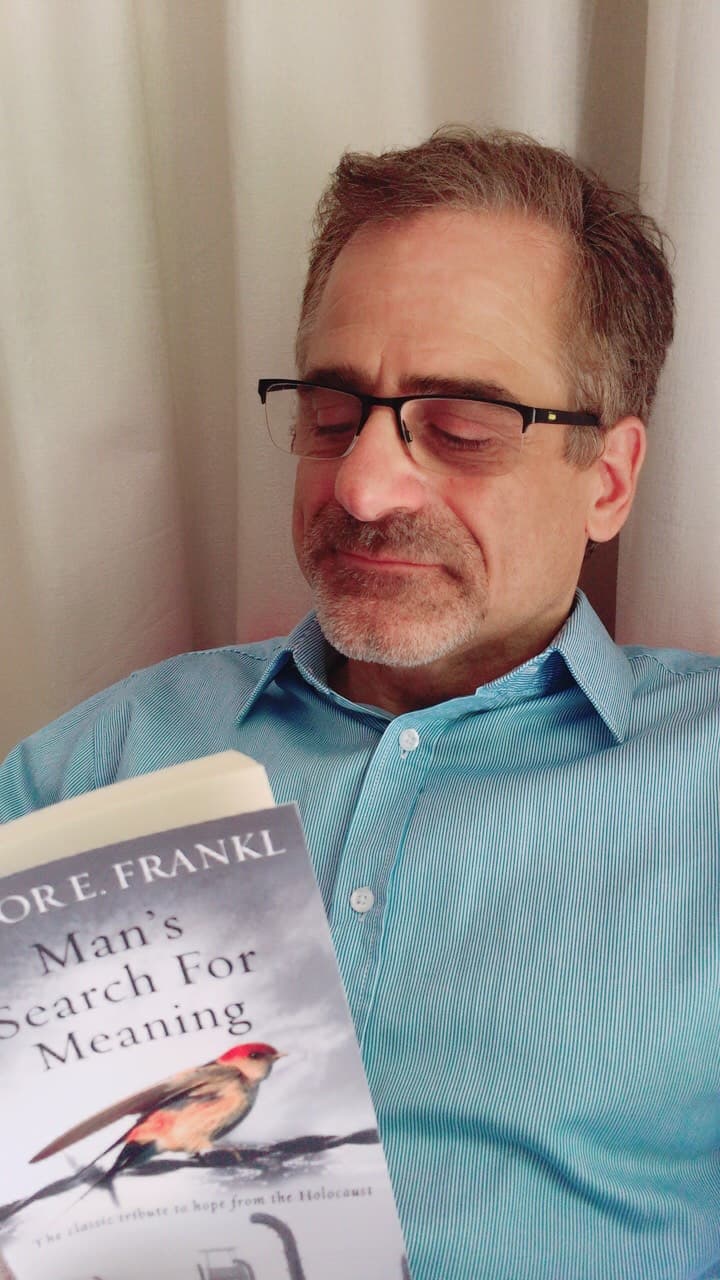
Our Team
- Professor Harry McConnell, CEO, Chairman, Consultant Neuropsychiatrist
- Paul Larcombe, Chief Operating Officer
- Susan Hawke, Business Development Manager
- Ruth Davmor, Humanities in Health Coordinator
- Cathryn Hackett, Practice Manager and Nurse
- Paul Bosisto, Neurological Physiotherapist
- JodieQuinn, Neurological Occupational Therapist
- Adrienne Stokes, Occupational Therapist
- Malea Furness, Physiotherapist
- Shontal Norton, Physiotherapist
- Isabel Huf, Physiotherapist
- Sianai Hadley, Psychotherapy Student
- Dr Jai Tho, Neurologist
- Dr Paxie Ohm, Psychiatrist
- Dr Tegan Stewart, Consultant Rehabilitation Physician
- Dr Kate Thompson, Neuropsychologist
- Dr Sarah Coric, Clinical Psychologist
- Diena Grant-Thomson, Speech Therapist
- Mark McConville, Laughter Clinic Director / Suicidologist
- Harrison McConnell, Intern
- Matthew McConnell, Intern
